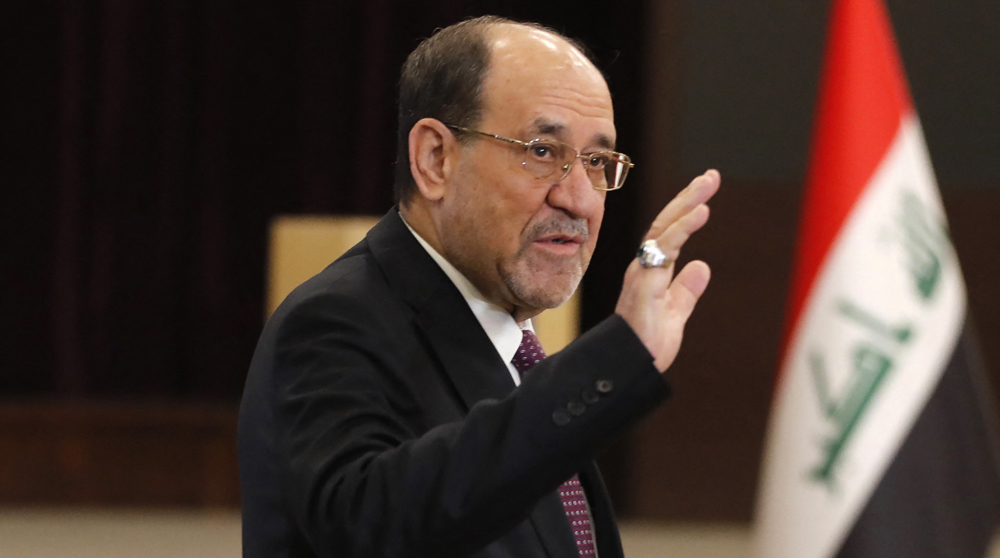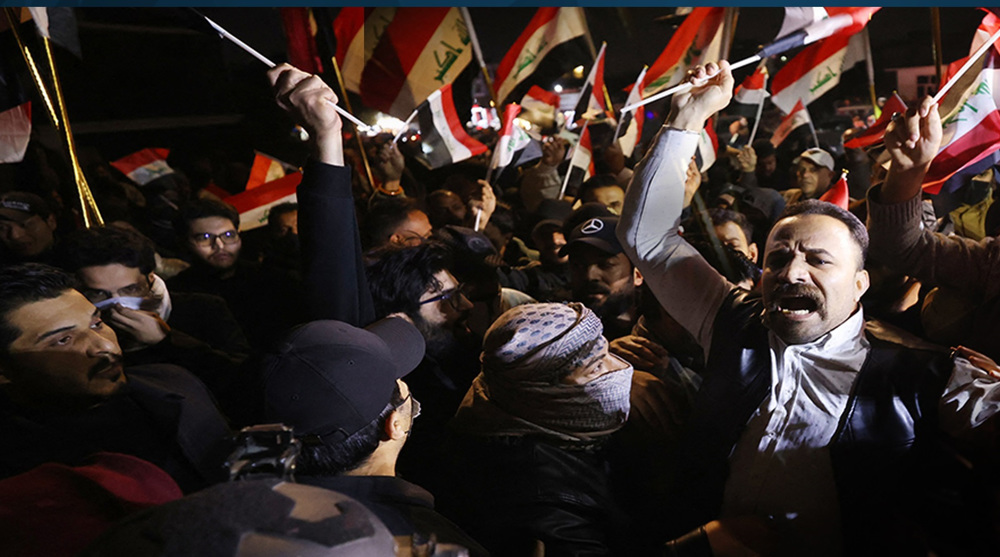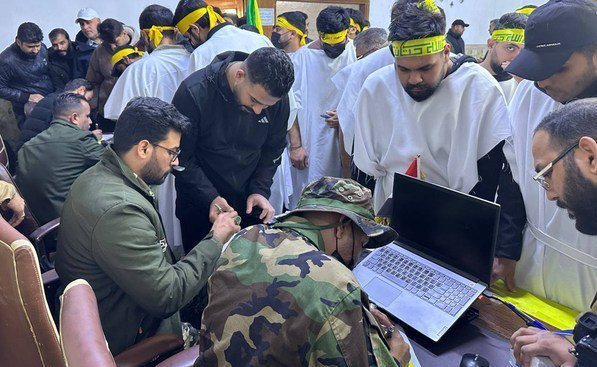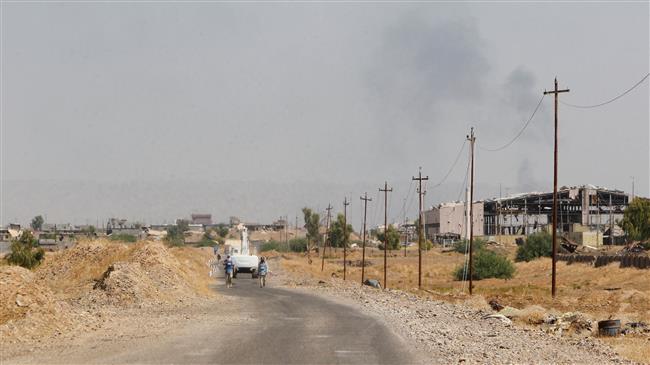Rioters shut down Iraqi oilfield as unrest continues
Protesters have shut down a southern oilfield, cutting off electricity to the facility in the latest wave of riots which have overshadowed peaceful protests and crippled the country.
Rioters broke into the Nassiriya oilfield on Saturday and forced employees to cut off electricity from its control station, taking the field offline until further notice, Reuters quoted a security source and two oil sources as saying.
The protesters chanted "No homeland, no oil" as they forced the closure of the oilfield, which produces 90,000 barrels a day of crude.
The incident marks the first time rioters have shut an entire oilfield, though they have blocked entrances to refineries and ports in the past.
Last week, protesters blocked access to the main ports company in the southern Basra province after blocking the main roads to Basra oilfields and preventing employees from going to work.
Mass protests, which began on October 1, have been pressing the government to bring in reforms that would root out corruption and alleviate the country’s economic woes.
The rallies, however, have frequently turned violent, in which hundreds of people have been killed, including members of the security forces.
Earlier this month, a mob lynched a 16-year-old teenager in his home and cut his throat before hanging him by his ankles in Baghdad, in a brutal attack typical of Daesh terrorists.
Two years after being eliminated by the Iraqi army with the help of popular counter-terror groups, Daesh has been rearing its in the Arab country, staging sporadic attacks in some towns and cities.
Kidnappings and assassinations have become more frequent. Armed men this month fired on supporters of Moqtada al-Sadr who had gathered to stage a protest in Baghdad, killing at least 25 people.
The United States was quick to blame Hashd al-Sha'abi, which is now integrated into regular armed forces after playing a key role in routing Daesh.
The events have sounded alarm bells in the country, which is struggling to emerge from years of Takfiri militancy and US occupation, about the risk for Iraq to slip even deeper into violence and chaos.
Several Iraqi politicians and officials have warned of an “international and regional conspiracy” trying to bring the former dictatorship back to power, which could dangerously divide the country.
Some analysts believe the US and its allies, in particular Saudi Arabia and Israel, are taking advantage of the rightful economic and social demands of the Iraqi protesters to create insecurity and mayhem.
Western and Saudi media have been promoting what they call a “mini-state” in Baghdad's Tahrir Square, the site of occasional clashes between police and protesters.
Currently, Iraq is in a state of quandary in the face of a political deadlock over who must take up the slack as the next prime minister.
On Thursday, President Barham Salih refused to endorse the candidate nominated by the parliament’s largest bloc for prime minister.
Assad al-Eidani was named as the new prime minister after Adel Abdul-Mahdi stepped down last month following an appeal by prominent Iraqi cleric Grand Ayatollah Ali al-Sistani.
Gaza Civil Defense collapses as Israeli fuel blockade halts all emergency operations
UN Chief warns Israel’s E1 settlement plans threaten Palestinian statehood
Russia warns of military measures if US deploys weapons in Greenland
Iran's foreign minister ramps up regional diplomacy amid tensions with US
Israel pressing for Iran strike, Trump remains reluctant: Report
1,900 attacks recorded in January as Israeli violence intensifies in West Bank
Hamas condemns treatment of Palestinians at Rafah border, calls it ‘organized terrorism'
VIDEO | Press TV's news headlines
















 This makes it easy to access the Press TV website
This makes it easy to access the Press TV website